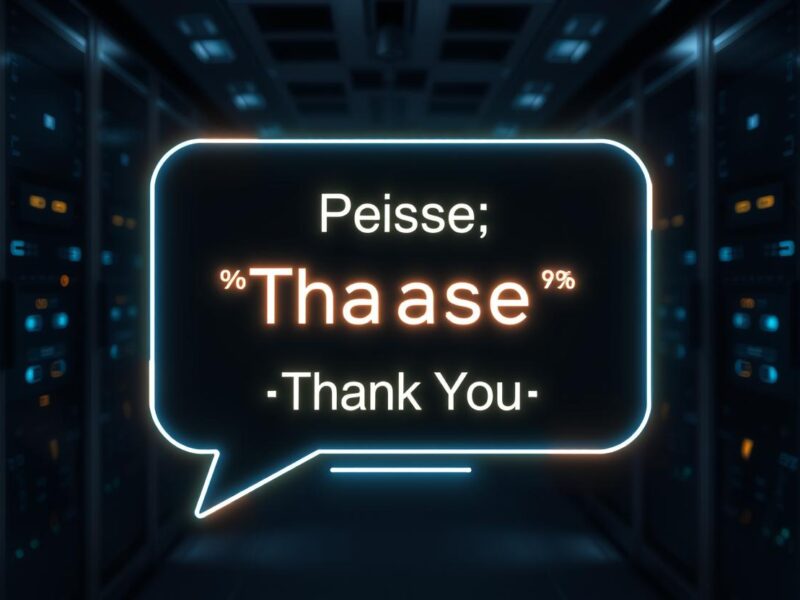Anthropic has just upped the ante in the AI chatbot arena with Claude’s new Research feature, a tool that’s giving ChatGPT and Google Gemini’s Deep Research a run for their money. 🚀 Designed for those who crave depth without the drudgery, Claude’s Research feature processes prompts multiple times to deliver expansive, well-cited reports. Whether it’s pulling from the vast expanse of the Internet or your own linked documents, Claude curates a comprehensive answer complete with citations. But how does it stack up against the competition? Let’s dive in.
First off, accessing Claude’s Research feature isn’t for the faint-hearted—or light-walleted. It’s locked behind a Max, Team, or Enterprise subscription, with Max setting you back a cool $100 a month. 💸 That’s a hefty price tag for curiosity, but for those who need it, the question is: is it worth it?
To find out, I put Claude to the test with prompts I’d previously used on ChatGPT and Gemini. The first was a beginner’s guide to astronomy, including equipment, resources, and local clubs in Nyack, New York. Claude didn’t just meet expectations; it soared past them. The report was thorough, offering an executive summary, equipment recommendations, and even specifics like local star parties and key figures in nearby astronomy clubs. The cherry on top? A handy TL;DR for those who prefer brevity.
Next up was a deep dive into flavor pairing, a test that previously had Gemini waxing poetic and ChatGPT diving deep into chemistry. Claude’s take was a delightful mix of science and culture, comparing flavor molecules to dating profiles and suggesting bold experiments like strawberries with balsamic vinegar. It was insightful, engaging, and, most importantly, practical.
The final challenge was a crash course in mahjong. While ChatGPT and Gemini offered exhaustive histories and detailed strategies, Claude kept it concise with bullet-pointed basics and practical tips. It was as if Claude knew I needed to get up to speed quickly, without the fluff.
So, how does Claude’s Research feature compare? It’s fast, finishing reports in minutes where others take nearly ten. It’s detailed, but more through multiple queries than exhaustive data mining. And while it’s impressive, the subscription cost is a significant barrier. For now, it’s a fantastic tool for those who need more than a standard AI answer but less than a dissertation. As for whether it’s worth the price? That depends on how deep your pockets—and your research needs—are.


